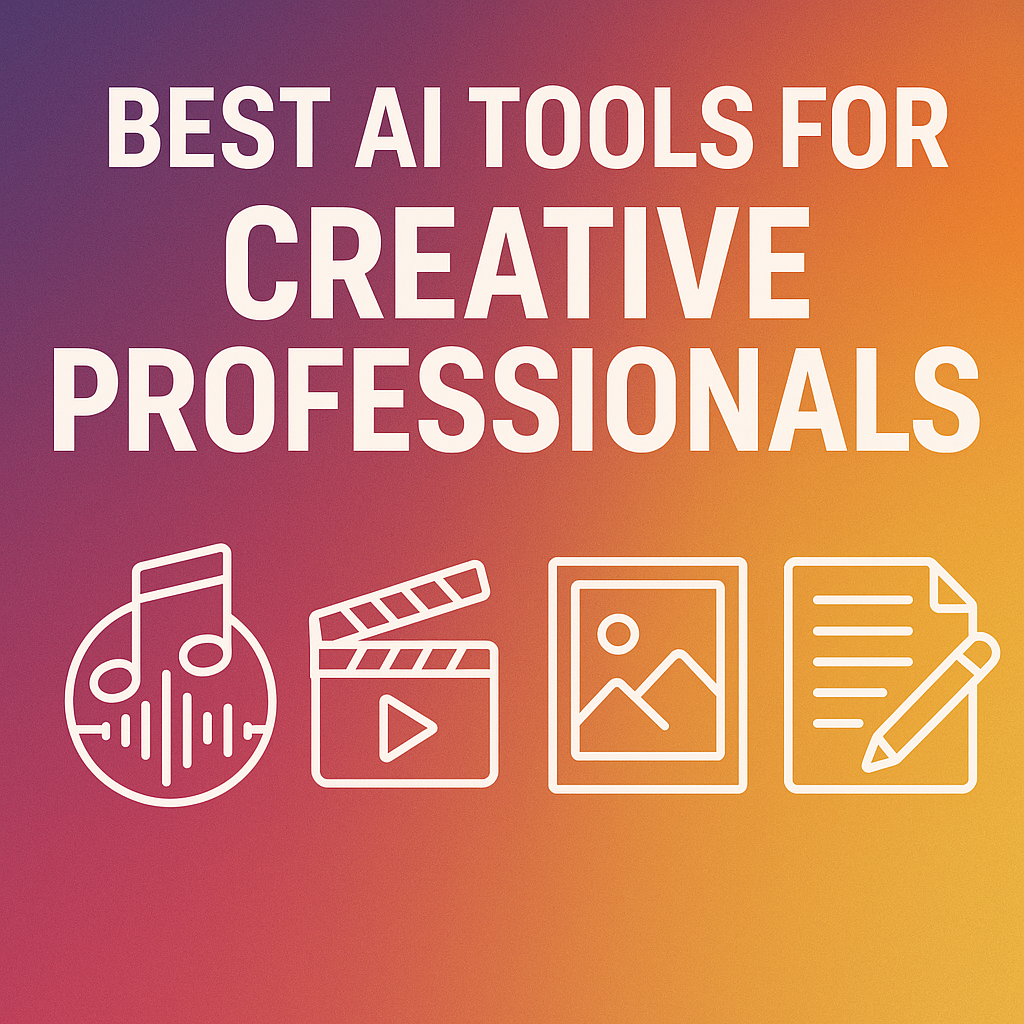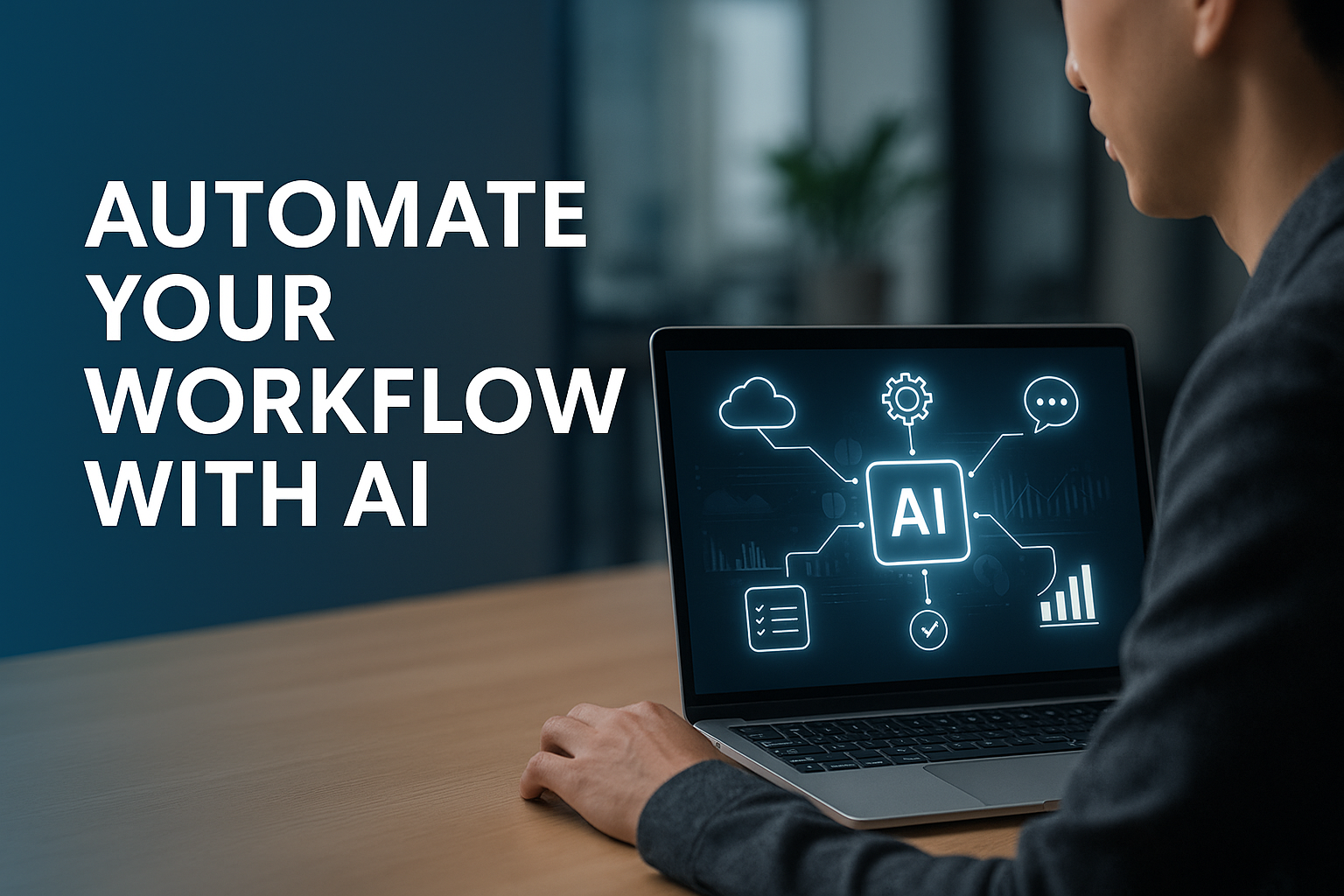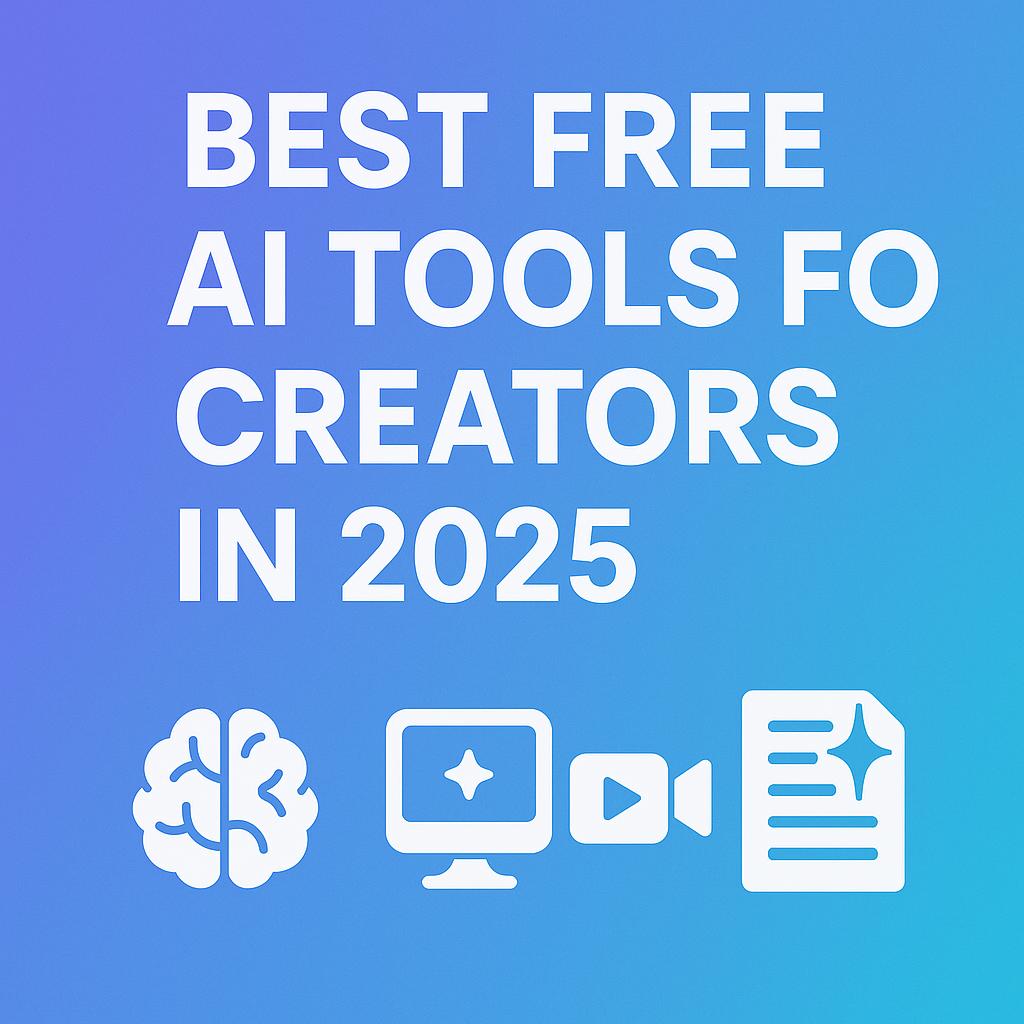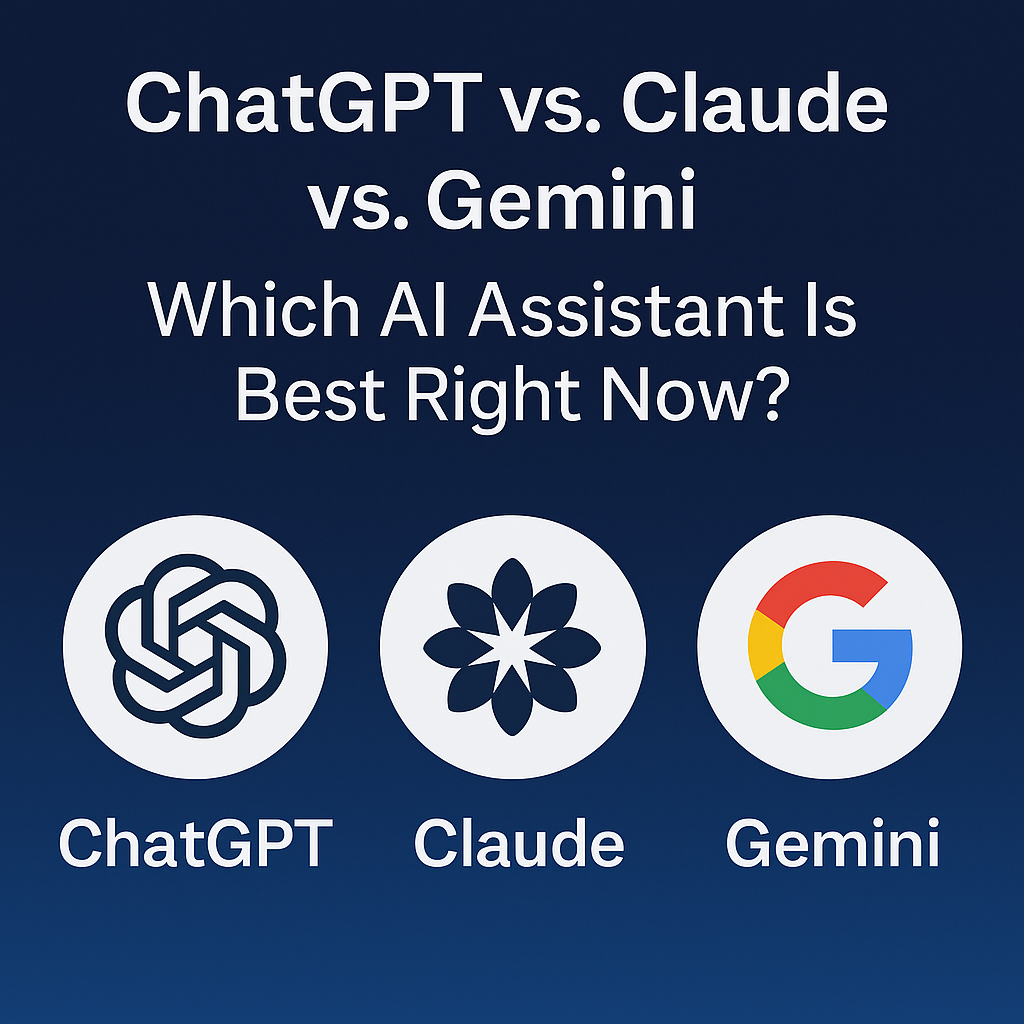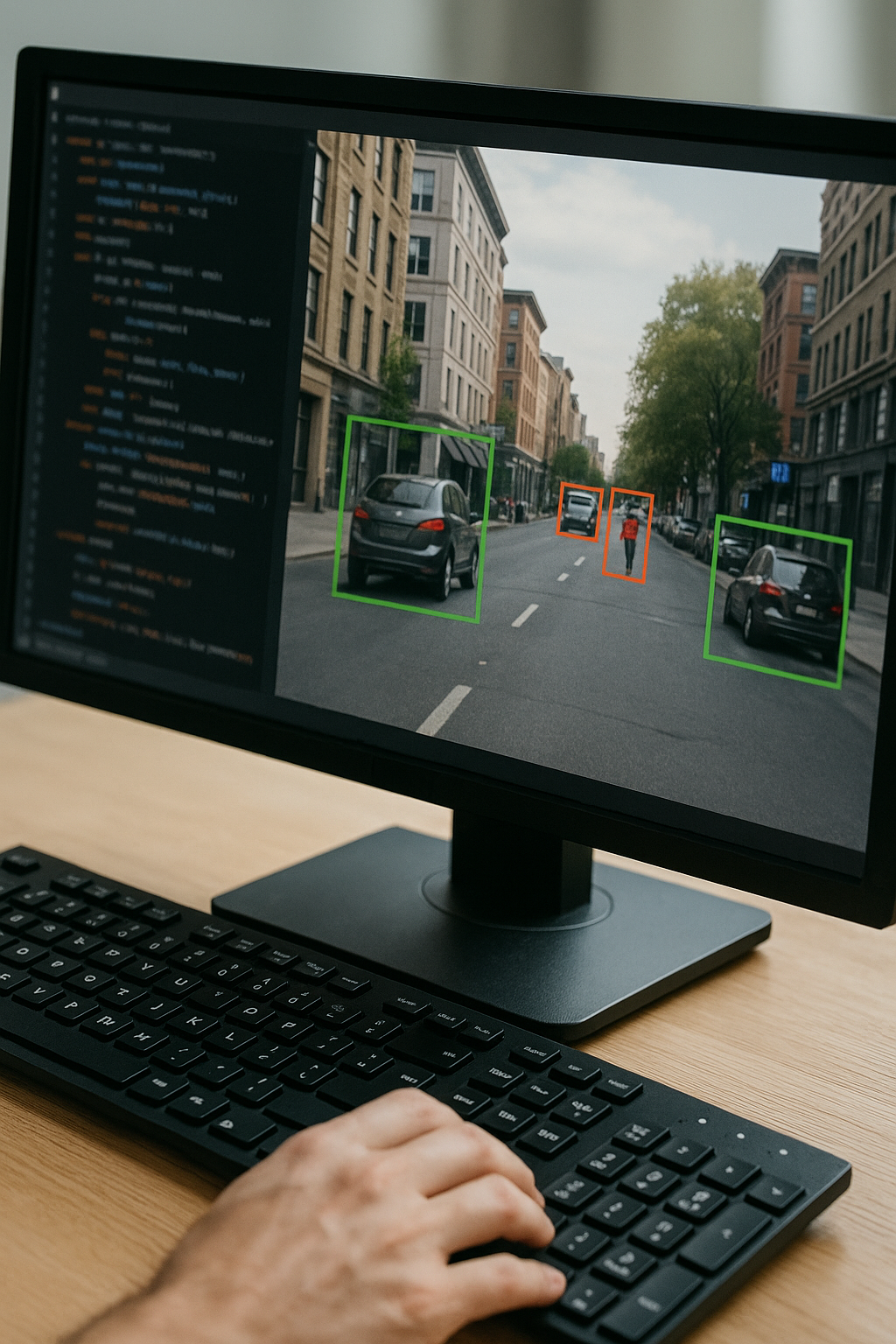Top 5 AI News Stories This Week
Welcome, AI enthusiasts! Let's delve deeper into the fascinating world of AI, exploring this week's top news stories and their potential implications
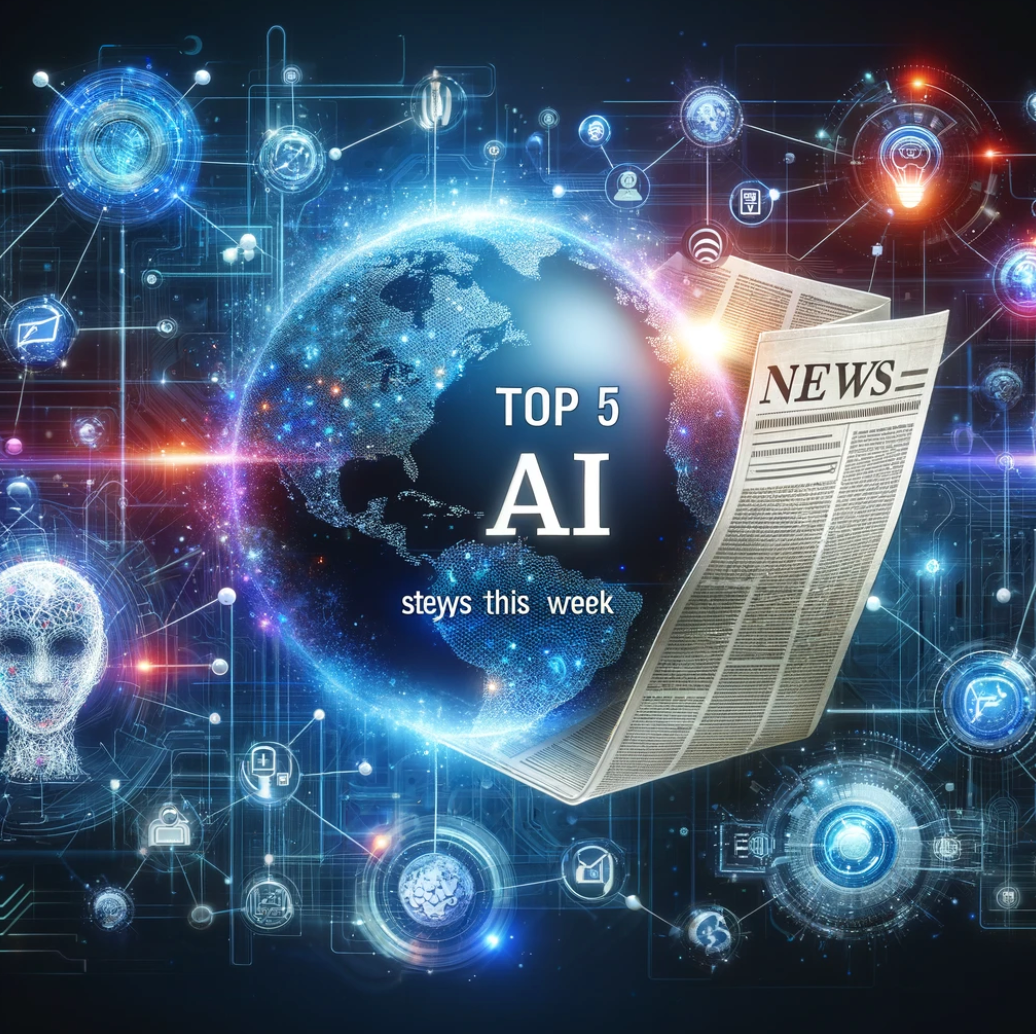
1. The UK Emerges as a Rising Star in AI Talent Acquisition
A recent report by the Artificial Intelligence & Public Policy Research Network (AIPRM) reveals a surprising shift in the AI talent landscape. Between 2017 and 2022, the UK experienced a 1.2% average annual growth rate in AI jobs compared to the US's 0.1%. This significant difference suggests the UK is rapidly closing the gap and potentially emerging as a new hub for AI expertise. This trend could be attributed to various factors, including:
Government initiatives: The UK government has implemented several initiatives to foster a supportive environment for AI research and development, attracting investments and talent.
Strong academic institutions: The UK boasts a strong network of universities renowned for their AI research programs, contributing to a skilled workforce.
Focus on specific sectors: The UK seems to be focusing on specific areas like healthcare and finance, potentially creating a concentrated pool of AI talent within these industries.
This development underscores the global nature of the AI race and the need for countries to adapt and invest in talent acquisition strategies to remain competitive.
2. AI: A Boon for Growth, But a Potential Burden for Equality?
The International Monetary Fund (IMF) has released a thought-provoking analysis on the potential economic and social impacts of AI. They predict that AI could significantly boost global productivity and economic growth, leading to increased wealth and improved living standards. However, they also warn of potential downsides, including:
Job displacement: As AI automates tasks previously performed by humans,concerns arise about job losses and potential unemployment, particularly in sectors heavily reliant on routine tasks.
Widening inequality: The benefits of AI-driven economic growth may not be equally distributed, potentially exacerbating existing inequalities between different income levels and social groups.
This balanced perspective from the IMF emphasizes the importance of responsible AI development strategies that focus on mitigating potential negative consequences and ensuring that the benefits of AI are distributed equitably across society.
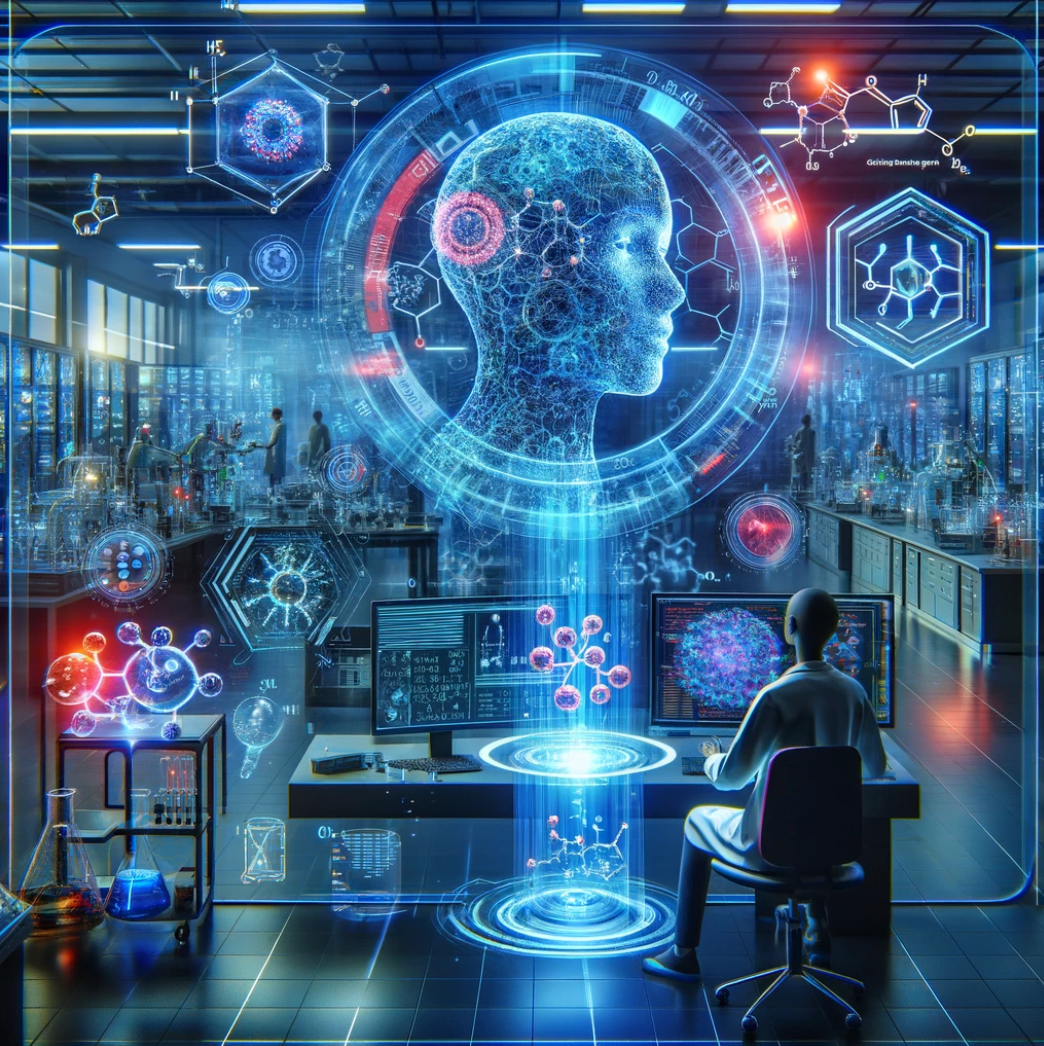
3. AI as a Catalyst for Chemical Discovery
Researchers are pushing the boundaries of collaboration between humans and AI, with exciting developments in the field of chemical discovery. One such advancement involves utilizing AI to analyze vast datasets of existing molecules and their properties. This allows researchers to:
Identify promising candidates: AI can sift through the data and identify molecules with specific characteristics desired for new drugs or materials,significantly accelerating the discovery process.
Reduce experimentation time: By prioritizing promising candidates, researchers can focus their efforts on targeted experiments, saving time and resources.
This collaboration between human expertise and AI capabilities has the potential to revolutionize various scientific fields, leading to the development of innovative new materials and life-saving drugs.
4. AI Makes Reading Braille Faster Than Ever
A groundbreaking achievement comes from researchers who have developed an AI system capable of reading braille at an impressive speed – twice as fast as humans. This advancement has the potential to significantly improve the lives of individuals who are blind or visually impaired by:
Increasing access to information: Reading braille at a faster pace allows individuals to access information and resources more efficiently, promoting independence and social inclusion.
Facilitating learning and education: Improved access to learning materials can empower individuals with visual impairments to pursue their educational goals and participate actively in society.
This innovation showcases the power of AI to enhance accessibility and inclusivity, paving the way for a more equitable future.
5. The Evolving Role of Middle Managers in the Age of AI
As AI increasingly automates tasks and decision-making processes within organizations, the role of middle managers is undergoing a transformation. Research suggests that:
Routine tasks are being automated: AI is taking over tasks like data analysis and report generation, freeing up middle managers' time.
Human-centric skills are becoming more crucial: As routine tasks become automated, the focus shifts towards skills like leadership, team management, and strategic thinking, requiring middle managers to adapt their skillsets.
This trend highlights the ongoing conversation around AI ethics and responsible implementation. It emphasizes the need to ensure that AI complements and empowers human capabilities, rather than replacing them. By embracing the evolving role of middle managers and fostering a culture of human-AI collaboration, organizations can harness the full potential of AI while ensuring a smooth and inclusive transition for their workforce.
Stay Ahead of the Curve with Our AI Newsletter!
The world of AI is constantly evolving, offering exciting opportunities and presenting complex challenges. To stay informed and engaged with the latest advancements and discussions, sign up for our newsletter! We'll deliver the most relevant and thought-provoking AI news and insights straight to your inbox, empowering you to navigate the world of AI.



